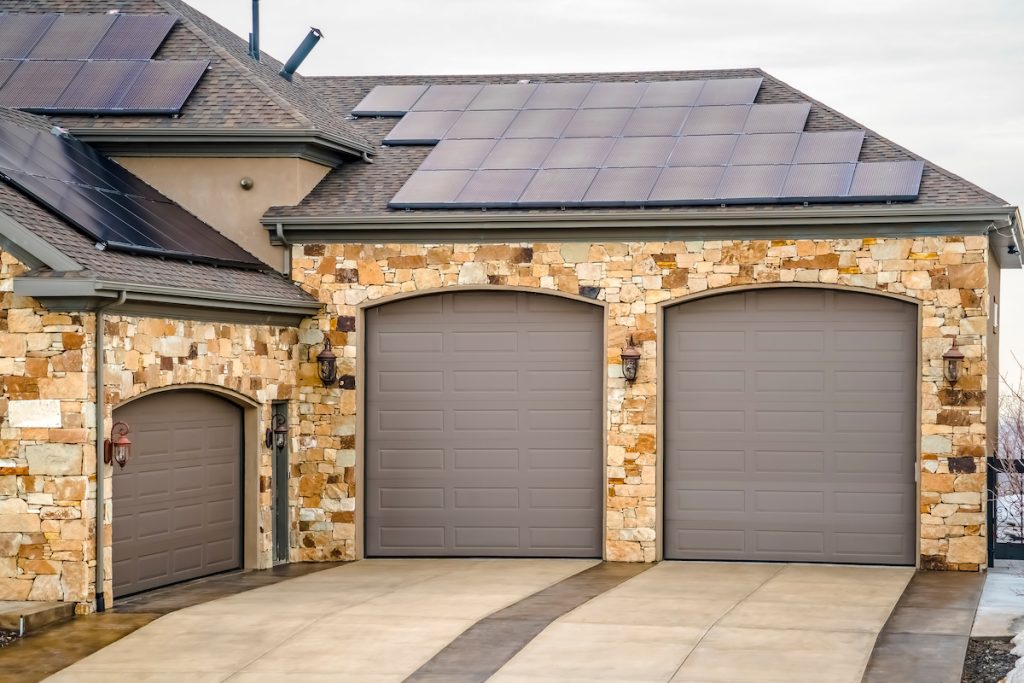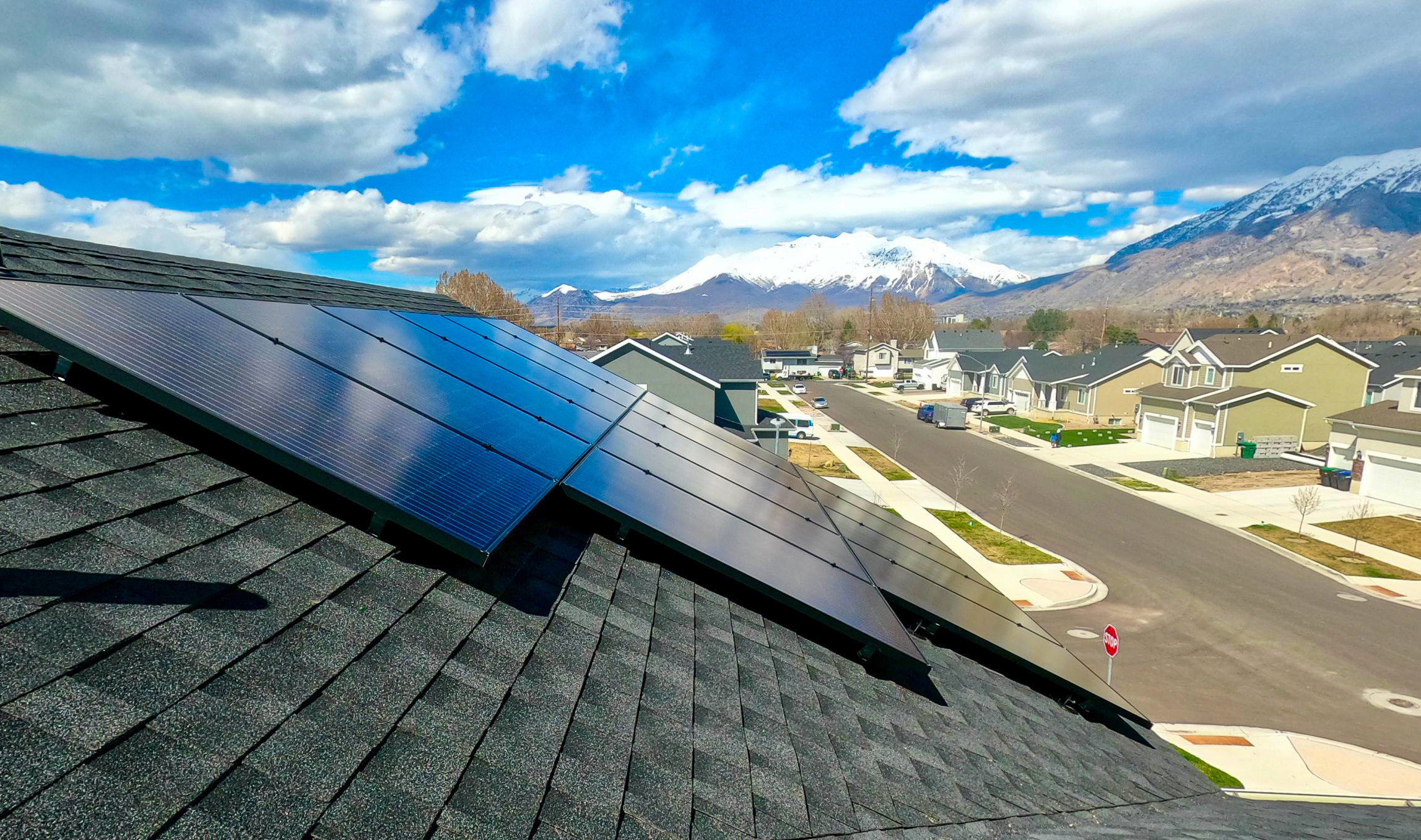
Colorado Springs Utilities Rates Are Increasing in 2026: What You Need to Know
CSU rates rise in 2026 with new Energy Wise time-of-use pricing. See what’s changing and how solar can help control energy costs. Learn more.

In Colorado we all know that summer brings afternoon thunderstorms, so what happens to your Solar system when the clouds gather? The short answer is that even when it is cloudy, your system is still producing. Living in a state like Colorado with lots of sunshine is a great opportunity for homeowners. Each year Colorado has an average of 300+ days of sunshine, that is a lot of power for you to harness and use in your home. As Coloradans, we also know that all that sun is broken up by some extreme weather events, so let’s talk about how that can affect your system.
Your Solar panels will still produce on average 25% of their normal production on a fully cloudy day. That may not seem like a lot, but as the saying goes, “the sun will come out tomorrow” and then you are back up to full power. Thanks to net-metering laws, you will not experience any loss of electricity. You are still connected to the utility grid, which means your electricity provider will jump in and supply the power you need when your Solar system is not fully producing on a cloudy day. This is the same process that happens at night when your Solar system goes to sleep with the sunset. There are ways you can combat this yourself with a Solar Storage System. Solar Power Pros works with trusted battery partners and is happy to talk to you about your battery options.
The second thing to keep in mind is that not all cloudy days block the sun completely. When you have sporadic clouds, it can actually boost your production by bouncing the sun’s energy back down to your panels. It’s like double-dipping in a good way and you can benefit from a little cloud cover in some circumstances. A cloud can reflect or sometimes even magnify sunlight, which results in additional power output from your Solar panels. In addition to the potential for more production on semi-cloudy days, your SolarEdge Optimizer is always working to maximize the efficiency of your system to help your Solar produce on a cloudy day. With the Optimizer, even if part of your system has cloud cover and is under producing, the panels that are in direct sun will still be producing at full capacity. A little rainstorm can also help boost your production by rinsing away any dust and pollen naturally. This is the best way to keep your panels clean and producing at maximum capacity.
Another great thing about living in Colorado is that we are not subject to long stretches of extreme heat. The general theory is that hot sunny days are the best for Solar production, but that is not always the case. The fact is that too much heat can reduce panel output by 10 to 25%. Panels are technology that can overheat, just like an iPhone or laptop. When an afternoon rainstorm blows in over the Rockies, the cooling temperatures can help keep your panels running at optimum heat. You can learn more about common Solar Power Myths in Here in our blog article.

CSU rates rise in 2026 with new Energy Wise time-of-use pricing. See what’s changing and how solar can help control energy costs. Learn more.

MVEA electric rates increase 8.5% in 2026. Learn what’s driving the hike, how it affects your utility bill, and how solar can help you stabilize costs.